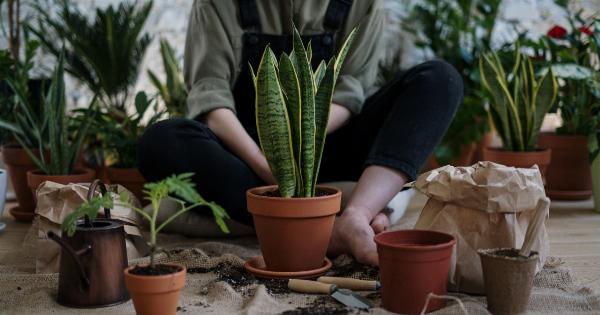Have you ever heard the saying, “you can’t love anyone else until you love yourself”? This sentiment is often dismissed as cliché or even selfish, but the truth is that self-love is a crucial component of a healthy and fulfilling life.
What is Self-Love?
Self-love is the act of valuing oneself and treating oneself with kindness and respect. It is not the same as narcissism or egotism, which involve an excessive focus on oneself to the detriment of others.
Instead, self-love is about recognizing one’s own inherent worth as a human being and acting accordingly.
Why is Self-Love Important?
Self-love is important for a number of reasons. Firstly, it allows us to set healthy boundaries. When we love ourselves, we are more likely to say no to things that we don’t want to do or that don’t serve us.
This means we have more time and energy to devote to the things that do matter to us.
Self-love also helps us to prioritize our own well-being. When we treat ourselves with kindness and respect, we are more likely to prioritize our physical, emotional, and mental health.
This includes things like getting enough sleep, eating well, engaging in regular exercise, and seeking out support when we need it.
Finally, self-love is important because it helps us to build strong and healthy relationships with others. When we view ourselves as worthy of love and respect, we are more likely to attract people who treat us accordingly.
Additionally, when we are secure in our own sense of self-worth, we are less likely to rely on others to validate us or make us feel good about ourselves.
How to Practice Self-Love
If you’re not used to prioritizing self-love, it can be difficult to know where to start. Here are a few strategies you can try:.
Cultivate self-compassion
Many people struggle with self-criticism or self-judgment. The first step towards self-love is to cultivate self-compassion. This involves treating yourself with the same kindness and understanding that you would offer to a good friend.
When you make a mistake or experience a setback, try to offer yourself words of encouragement rather than harsh criticism.
Practice self-care
Self-love also means prioritizing your own well-being. This includes engaging in regular exercise, getting enough sleep, eating well, and staying hydrated.
It can also mean setting aside time to indulge in activities that bring you joy, whether that’s taking a long bubble bath, reading a good book, or spending time in nature.
Set boundaries
Setting healthy boundaries is an important part of self-love. This means saying no to things that don’t serve you, whether that’s a work project or a social outing that you’re not interested in.
It can also mean setting limits with people in your life who drain your energy or make you feel bad about yourself.
Practice gratitude
When we practice gratitude, we help to cultivate a positive mindset that can contribute to feelings of self-love.
Try taking a few minutes each day to focus on the things in your life that you’re grateful for, whether it’s your family, your health, or simply a good cup of coffee in the morning.
The Benefits of Self-Love
There are many benefits to practicing self-love. Here are just a few:.
Improved self-esteem
When we practice self-love, we develop a more positive self-image. This can lead to improved self-esteem and greater confidence in ourselves and our abilities.
Reduced stress and anxiety
When we prioritize our own well-being and set healthy boundaries, we are less likely to experience stress and anxiety. This can lead to greater feelings of calm and relaxation.
Better relationships
When we view ourselves as worthy of love and respect, we are more likely to attract people who treat us accordingly.
Additionally, when we are secure in our own sense of self-worth, we are less likely to rely on others to validate us or make us feel good about ourselves.
In Conclusion
Self-love is an important part of a healthy and fulfilling life.
By cultivating self-compassion, practicing self-care, setting healthy boundaries, and practicing gratitude, we can learn to love and value ourselves in a way that contributes to our overall well-being.






























